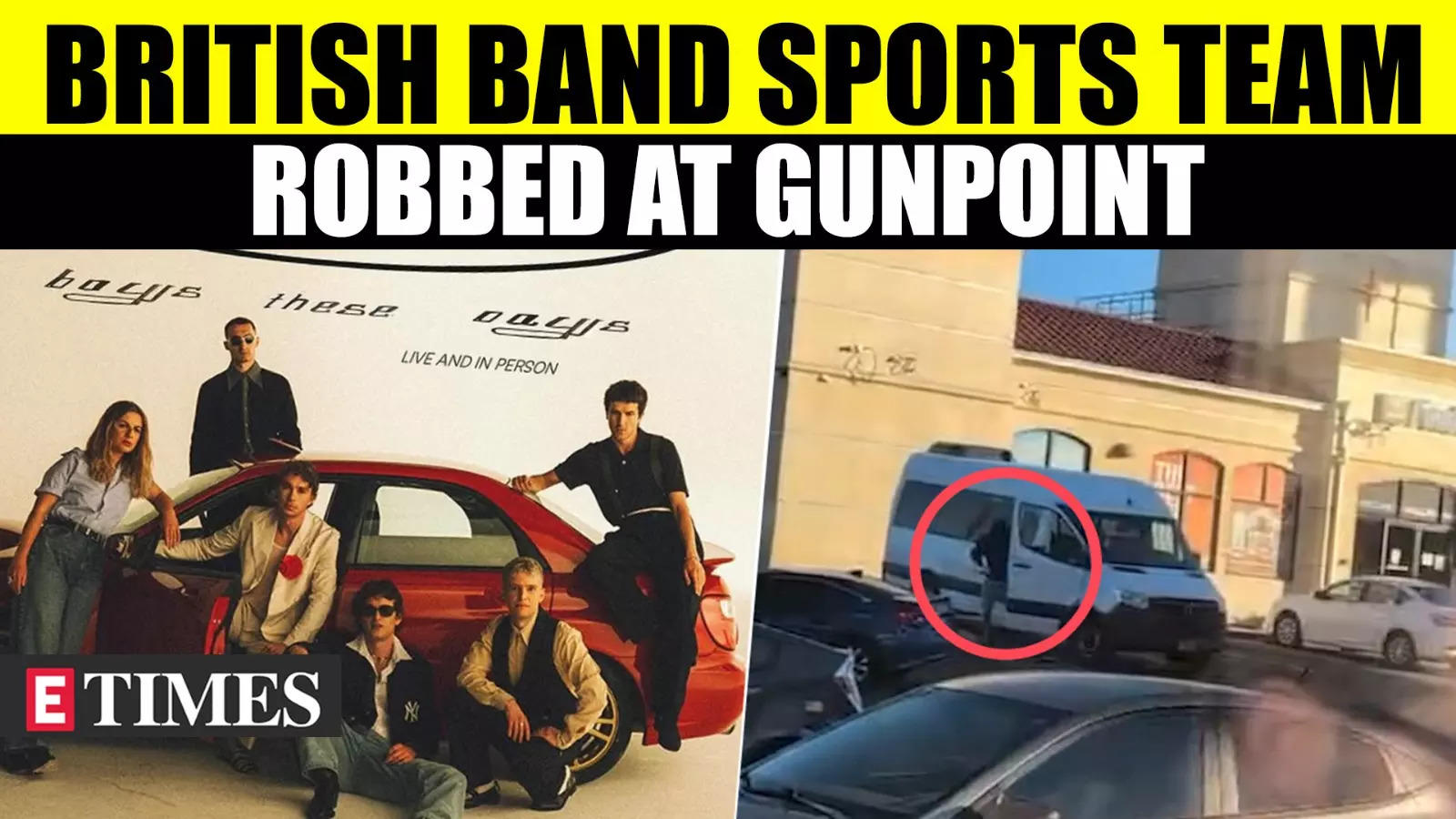Donald Trump cannot appear on Colorado’s primary ballot, the state’s Supreme Court ruled Tuesday in a legal challenge that has gained national notice as the former president seeks the 2024 Republican nomination.
The Colorado Supreme Court, in a 4-3 opinion, found that Trump is barred under a provision of the 14th Amendment that prohibits people who engaged in insurrection from running for office.
“We conclude that because President Trump is disqualified from holding the office of President under Section Three (of the 14th Amendment), it would be a wrongful act under the Election Code for the Secretary to list President Trump as a candidate on the presidential primary ballot,” the court’s majority wrote in its opinion. “Therefore, the Secretary may not list President Trump’s name on the 2024 presidential primary ballot, nor may she count any write-in votes cast for him.”
Colorado’s case is the first of many legal challenges across the country to result in a ruling disqualifying Trump from the ballot.
It’s a near-certainty his legal team will appeal Tuesday’s ruling to the U.S. Supreme Court. The state Supreme Court stayed its ruling until Jan. 4, the day before the state’s deadline to certify the primary ballots, in case an appeal is filed — in which case the state will be required to include Trump’s name on the March 5 primary ballot unless the federal justices order otherwise.
Steven Cheung, a spokesperson for Trump’s campaign, called the decision “completely flawed.” He promised to file an appeal to the U.S. Supreme Court quickly.
“Unsurprisingly, the all-Democrat appointed Colorado Supreme Court has ruled against President Trump,” Cheung said in a statement. He said the ruling supported a “left-wing group’s scheme to interfere in an election on behalf of Crooked Joe Biden by removing President Trump’s name from the ballot and eliminating the rights of Colorado voters to vote for the candidate of their choice.”
In issuing the stay, the court’s opinion says, the justices were “cognizant that we travel in uncharted territory.”
“We do not reach these conclusions lightly,” the opinion says. “We are mindful of the magnitude and weight of the questions now before us. We are likewise mindful of our solemn duty to apply the law, without fear or favor, and without being swayed by public reaction to the decisions that the law mandates we reach.”
Democratic governors appointed all seven members of the Colorado Supreme Court. The unsigned majority opinion was joined by justices Monica M. Márquez, William W. Hood III, Richard L. Gabriel and Melissa Hart. The dissenters were Chief Justice Brian Boatright and justices Carlos A. Samour Jr. and Maria E. Berkenkotter.
Boatright argued the majority went beyond the court’s authority.
“Simply put, (Colorado’s election code) was not enacted to decide whether a candidate engaged in insurrection,” he wrote in his dissent. “In my view, this cause of action should have been dismissed.”
The legal challenge was brought under the Civil War-era Constitutional amendment. A group of Colorado Republican and unaffiliated voters, working with the liberal watchdog group Citizens for Responsibility and Ethics in Washington, filed suit in early September against Trump and Colorado Secretary of State Jena Griswold, a Democrat and outspoken Trump critic, in state court, but the legal battle has always been between the plaintiffs and Trump’s legal team.
The plaintiffs took advantage of a Colorado law that allows voters to challenge a candidate’s eligibility. The suit invoked the third section of the 14th Amendment, which was aimed at keeping Confederates out of federal office. It bars people from holding office if they took an oath to support the U.S. Constitution and then engaged in insurrection or rebellion.
“My fellow plaintiffs and I brought this case to continue to protect the right to free and fair elections enshrined in our Constitution and to ensure Colorado Republican primary voters are only voting for eligible candidates. Today’s win does just that,” said Norma Anderson, a former Republican majority leader of both the state House and Senate, in a statement. “… I am proud to be a petitioner, and gratified that the Colorado Supreme Court arrived at the same conclusion we all did.”
Colorado Republican Party Chair Dave Williams, a critic of the lawsuit from the start, said Tuesday via text message: “Thank God the U.S. Supreme Court will get the final say against the out of control radicals in charge of Colorado who would rather spit on our constitution than let the people decide which candidates should represent them in a free and fair election.”
During oral arguments this month, the justices peppered both sides with questions that took direct aim at the 14th Amendment’s applicability to the presidency and more esoteric legal questions.
Earlier, which Constitutional oath — and which offices it covers — was a sticking point for the Denver District Court judge who ruled last month against the ballot challenge.
Judge Sarah B. Wallace ruled in November that, while she found Trump did engage in insurrection surrounding U.S. Capitol breach and riot on Jan. 6, 2021, the amendment did not specifically bar insurrectionists from the presidency. The amendment specifies members of Congress, electors of the president and people who hold office under the United States or the individual states, but doesn’t single out the office of the president by name.
“Part of the Court’s decision is its reluctance to embrace an interpretation which would disqualify a presidential candidate without a clear, unmistakable indication that such is the intent of Section Three,” Wallace wrote in her ruling.
That ruling prompted both sides to appeal the ruling to the state’s highest court.
The petitioners argued it would “yield absurd results” if the amendment barred insurrectionists from every federal office but the highest one. Attorneys for Trump, meanwhile, argued Wallace made “multiple grave jurisdictional and legal errors,” including by finding Trump engaged in insurrection. His public comments around Jan. 6, they argued were protected under the First Amendment and didn’t call for violence.
His legal team also questioned if the court, which held a five-day trial in October, was the proper venue for constitutional litigation and the establishment of “new, unprecedented, and unsupported legal standards.”
Dozens of lawsuits challenging Trump’s eligibility have been filed in several states, with no others succeeding so far. Among other cases with significant backing, the Minnesota Supreme Court ruled in November that Trump could remain on the ballot there because political parties have discretion over their primary ballots.
And a Michigan judge has ruled that Congress should decide if Section 3 applies to Trump. That ruling was appealed Monday.
It’s still possible that one of the cases, including Colorado’s, could end up before the U.S. Supreme Court, which has never ruled on Section 3 of the 14th Amendment.







